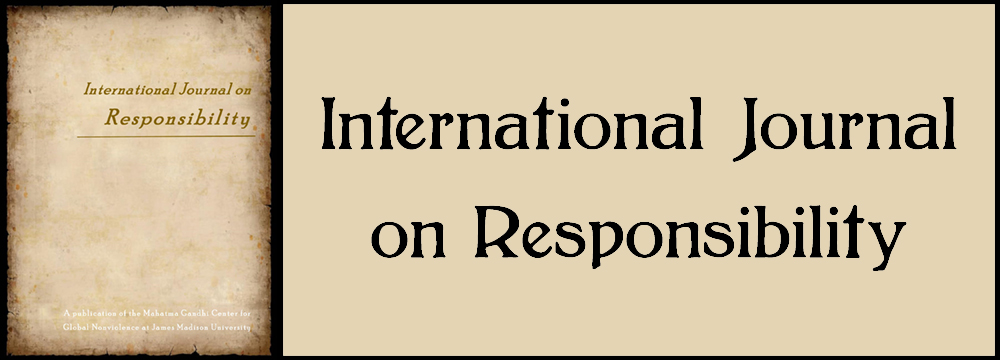
Article Title
“He’s in jail now and I don’t feel bad”: Analyzing Sureties’ Decisions to Report Bail Violations
Abstract
The control, supervision, and rehabilitation of criminalized people often falls on the shoulders of non-state agents and organizations. Surety bail releases are a clear embodiment of this trend, as the courts call upon relatives, friends, and employers to supervise the pre-conviction activity of people accused of a crime. According to the law, sureties must report all bail violations to the police; the resulting diffusion of responsibility is said to increase the penal state’s power and control over criminal justice-involved individuals while minimizing reputational risks. Yet how sureties carry out this role in the community remains unexplored. Using data from 36 interviews with sureties in Ontario, Canada, we find that how friends and family assume the role of surety varies considerably and regularly diverges from court expectations. Despite the general commitment sureties show towards supervising the accused, decisions to report an accused vary based on the perceived severity of the act, the fairness of the conditions, the accused’s best interests, and their own bias towards the law. In this way, responsibility for carceral control is not just assumed by sureties but also resisted, ignored, and subsequently transformed in the context of their everyday lives. Understanding how the decision-making process of sureties works in practice is important for informing recommendations geared towards offsetting the pains of pre-conviction for the accused and their loved ones.


